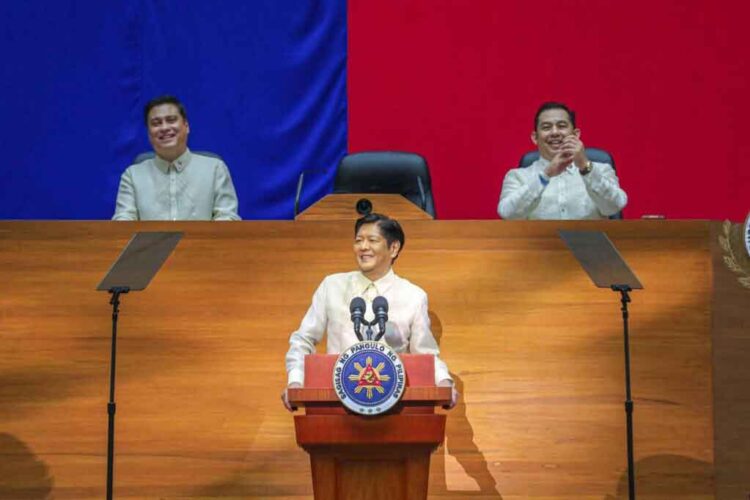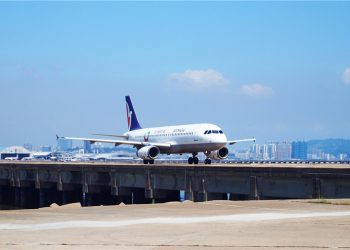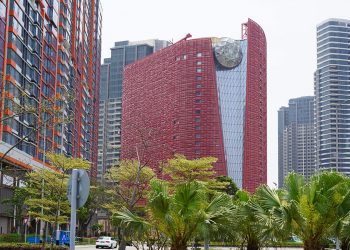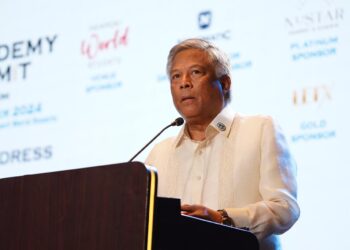Industry suppliers will have to justify their existence to Philippine regulator PAGCOR and prove they are also servicing non-POGO companies if they wish to remain in the country following the President’s ban on offshore gaming operations, a leading industry lawyer and consultant has told IAG. However, many may have the opportunity to pivot towards the Philippines facing PIGO industry instead.
The comments from Atty Vladimir F. Bedural come after PAGCOR this week sent a memorandum to a raft of industry participants clarifying that operations would remain in status quo until details on the POGO ban are clarified, allaying fears of an immediate exodus. The memo, which was addressed to all internet gaming licensees, local gaming agents, authorized providers, special class of BPOs, independent test laboratories, probity checkers and training program providers, stated that “pending finalization of the details and process of winding down, operations may remain in the status quo.”
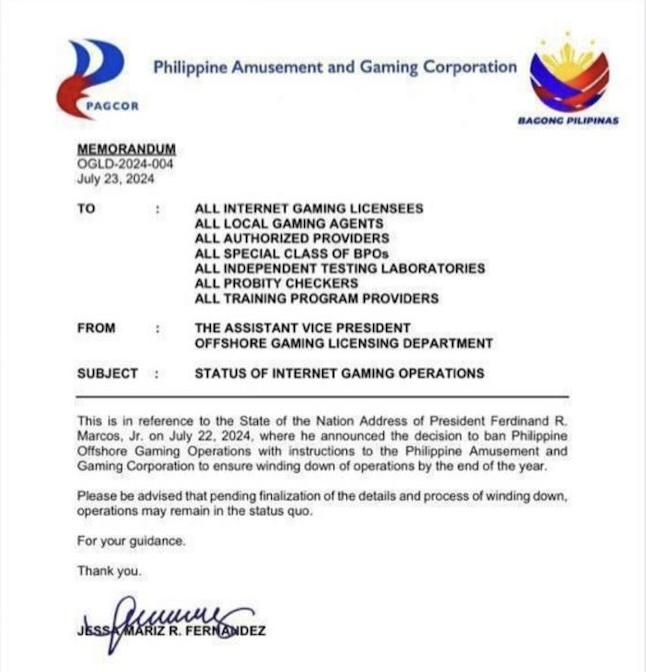 Nevertheless, Bedural told IAG that the future for many industry participants in the Philippines would depend on whether they have been exclusively operating within the POGO sphere.
Nevertheless, Bedural told IAG that the future for many industry participants in the Philippines would depend on whether they have been exclusively operating within the POGO sphere.
“For offshore gaming operators, assuming the policy statement is [made official], there is no other option but to close,” he said. “But for suppliers, they will now have to justify their existence before PAGCOR and they can do this by saying that they are also servicing non-POGO companies. These non-POGO companies can be land-based casinos, gaming venue operators, and PIGOs.
“So, for suppliers who are servicing POGOs and are impacted by the total ban, they can divert to PIGOs and other casinos and they just need to request PAGCOR for re-accreditation. The POGO assets will be repurposed towards PIGO operations.”
Exactly how the POGO ban will play out remains unclear given that it remains at this stage nothing more than a policy statement, with no legal framework yet in place. There are also questions around whether ancillary entities related to POGOs such as service providers, gaming content providers and local gaming agents will be directly covered by the ban.
Some companies, according to Bedural, may convert their assets to non-POGO operations such as Special Class of BPOs to avoid wastage of office space and equipment.
“Remember that for you to fall under the gaming operator [classification], you are accepting bets,” he said. “So, if you present to PAGCOR that you are merely providing data or content services, you will not be covered by the ban.”
Asked if there was any chance that the Philippines’ special economic zones like Cagayan may look to regulate offshore gaming themselves – as was the case before Malacanang issued Executive Order No.13 in 2016 which handed regulatory control to PAGCOR – Bedural outlined his belief that “there is no more going back to that pre-POGO environment because the total ban will cover all of these authorities in Cagayan (Cagayan Economic Zone Authority), in Aurora (Aurora Pacific Economic Zone and Freeport) and Bataan (Authority Freeport Area of Bataan).
“Again, we have to wait for the policy statement to be ‘officialized’ in a formal order, but if we interpret the total ban as it is, then even Cagayan or the other agencies in Bataan or in Aurora may not allow offshore gaming in their respective territorial jurisdiction.”
Like many, however, Bedural isn’t convinced that a total ban on offshore gaming operations will prove successful in eliminating the criminal activities of those who are the target of the anti-POGO policy.
“I concur with the statement of Chairman Tengco that a total POGO ban will force the POGO operators to go underground or employ guerrilla tactics,” he said.
“Before the ban, even PAGCOR acknowledged that the number of illegal operators are in the hundreds and probably even in the thousands. So, not only will offshore gaming continue, worse the government will no longer be getting any revenues from it. And of course there is the possibility that this will only lead to protection rackets.
“As one prominent Philippine Senator admitted, if you ban POGO, the operators will just come up with another scheme.”






